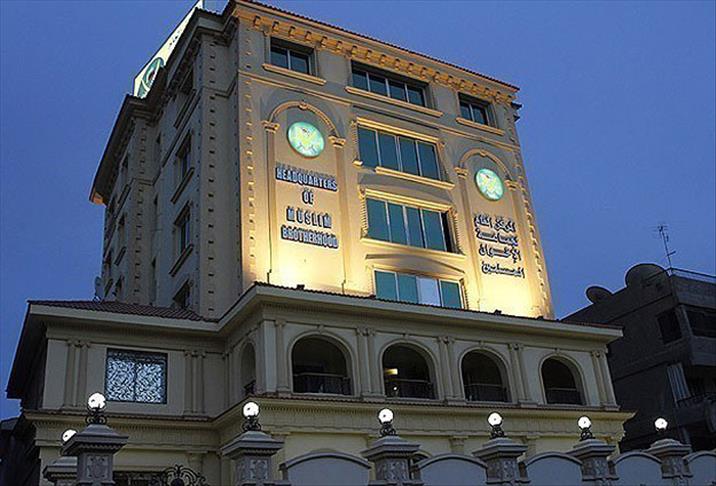
By Hussein Qabani
CAIRO
Muslim Brotherhood leader Ali Fatah al-Bab has called for the first-ever direct dialogue between the embattled Islamist group and Egyptian authorities since the military's ouster of elected president and Brotherhood leader Mohamed Morsi last year.
Fatah al-Bab, who once led the Brotherhood's majority bloc at the now-dissolved Shura Council (Upper House), says that his initiative is aimed at resolving Egypt's protracted political deadlock and that his call for dialogue is not in the name of the Brotherhood, which has refused to recognize Egypt's military-backed government since Morsi's ouster.
"The current crisis can only be solved through dialogue," Fatah al-Bab said in an interview with Anadolu Agency.
He said that his initiative entails that all parties engage in a dialogue that "prioritizes Egypt's best interest" and that participants provide guarantees that the talks' outcome would be implemented.
He also called for mediation by third parties – which he did not specify – in order to "bridge gaps" between the Brotherhood and the new regime.
"I realize that I might be criticized for this initiative and that it might not be satisfactory for some parties but I only seek what's best for Egypt," Fatah al-Bab asserted.
Egypt's military-backed authorities launched a sustained crackdown on the Brotherhood and its allies since Morsi's ouster following protests after a tumultuous year in power.
Hundreds of Morsi's supporters have been killed or injured and thousands thrown behind bars – including Morsi himself and most of the Brotherhood's senior leadership.
The Egyptian government designated the Brotherhood a "terrorist organization" last December, blaming the group for a series of deadly attacks on security forces since Morsi's ouster.
The Brotherhood, for its part, continues to distance itself from the accusation of the government, which it deems illegitimate.
The Brotherhood also refuses to recognize the presidency of Abdel-Fatah al-Sisi, the former army chief - widely considered the main orchestrator of Morsi's ouster – who was declared the winner of a late May presidential election.
"Exclusion and trading accusations of treachery will not solve the crisis," Fatah al-Bab said. "I understand the feeling of the martyrs' families but emotions should be reined in with reason."
"Even if another revolution overthrew the current regime, some groups will try to overthrow the new one and society will remain in a state of conflict," he said.
"Both al-Sisi and the Brotherhood are responsible for everything that happened in the past phase," Fatah al-Bab said. "The right atmosphere for dialogue would only be set if both parties took responsibility for what happened."
But the responsibility does not only fall on al-Sisi and the Brotherhood, Fatah al-Bab maintained. "Many institutions, such as the media and Al-Azhar [religious authority] as well as the Church, share some of the responsibility."
Fatah al-Bab said that he has not been in contact with Brotherhood leaders or government officials regarding the initiative. However, he asserted that the Brotherhood and al-Sisi "do not have other options" but to eventually hold dialogue.
"Each party insists on excluding the other and this is not possible," he said. "The country is going through a major crisis and everyone needs to realize that dialogue is the only way out."
englishnews@aa.com.tr
Anadolu Agency website contains only a portion of the news stories offered to subscribers in the AA News Broadcasting System (HAS), and in summarized form. Please contact us for subscription options.







